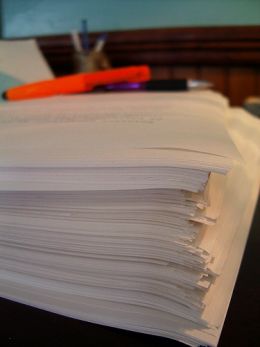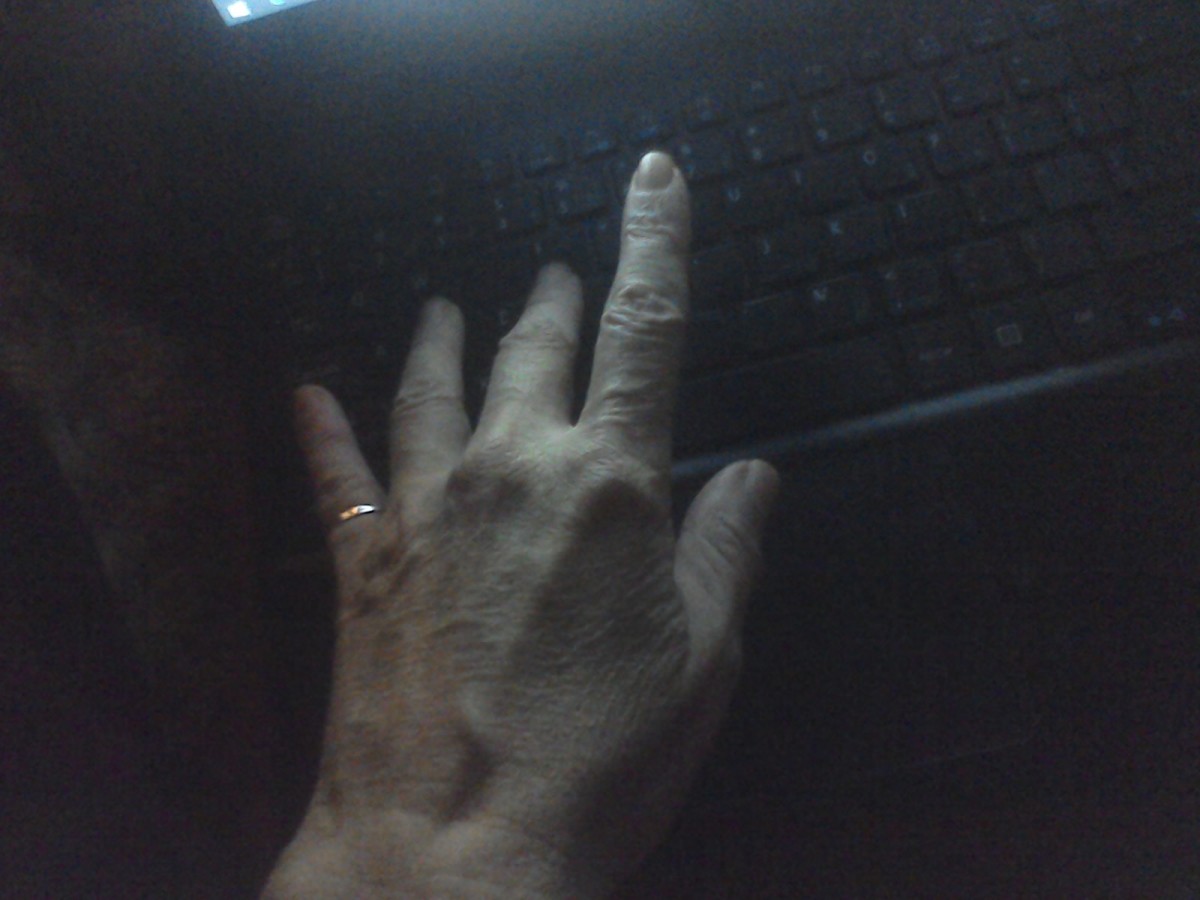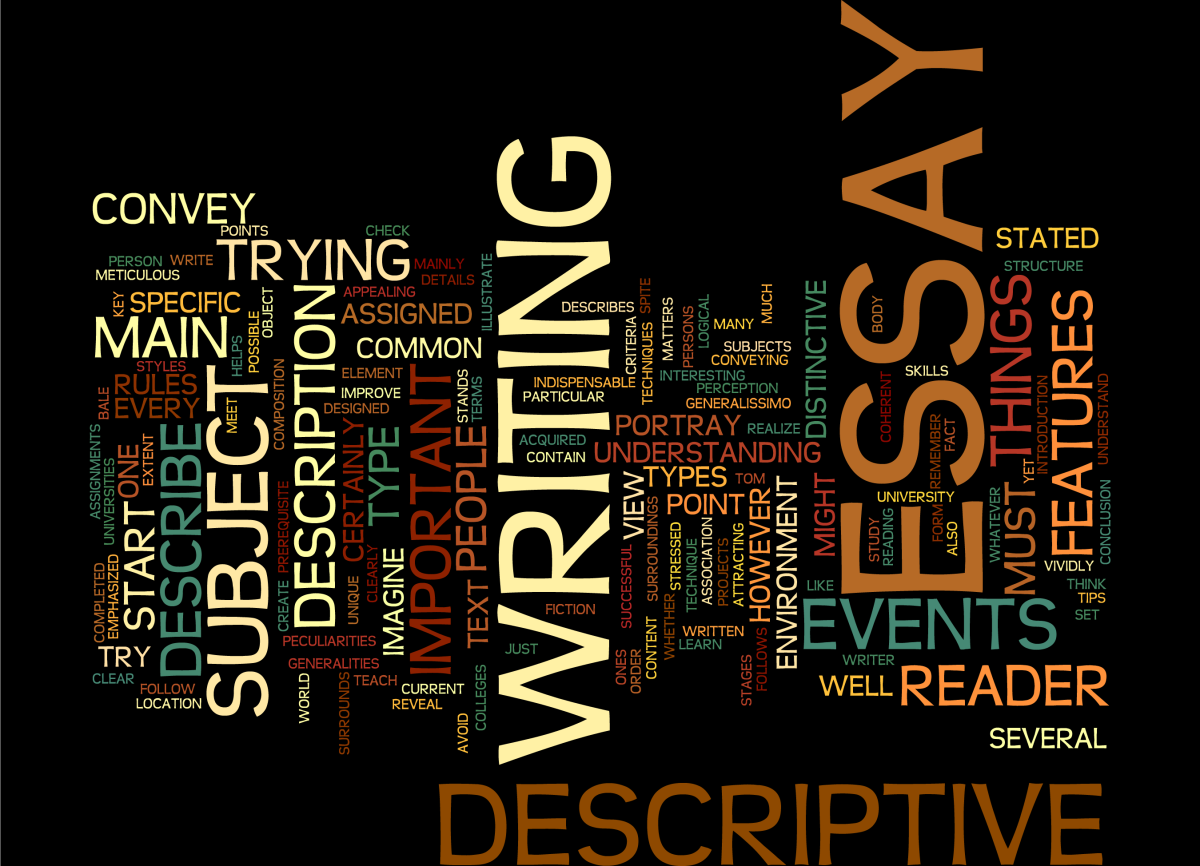How to Write a Novel in Six Months: Week 10 Drafting Update
I'm happy to report this week went very well. As is to be expected, there were new adjustments to the process this week, but overall I'm sticking to the plan. I finished up page 50 last night so that puts me right on track to complete 400 pages by Christmas! What a gift. The main idea I wanted to stress this week is word count, or page count, because it caused me quite a lot of anxiety. I think I've finally got it figured out!

Word Count vs. Page Count
I've written before that I know from researching the type of book I wanted to write that the standard length for these is 100,000 words or 400 pages. The average manuscript page, they said, contained 250 words. Based on that I made my plan. However, once I started writing, no matter how I messed with the font, the margins, the spacing, I couldn't get my pages to yield 250 words. I started to panic. I became obsessed with getting the right number of words on the page. What if I got to the end of my draft of 400 pages and it was only 80,000 words? I was freaking out. I searched for an answer.
What I learned was that first of all, the page count is more important than the word count. It is the number of pages after all that determine the printing costs, the number of books that fit in a crate and on the book store shelf. (It's a business, remember?) So why the quote of 100,000 words. Well, it turns out that's just an approximation derived from the old formula of 250 words per page that was common with typewritten fonts. This benchmark was created long before the word count feature in my word processing program.
Why don't they just make life easier and quote the number of pages? I don't know. What I do know is that it's perfectly okay to vary a great deal in the number of words as long as your page count is on target. In fact, if you're using a computer generated word count, you're supposed to disclose this. Making my living by writing online where precise word counts are often very important, this was a hard point to get through my thick head. But I'm happy to announce I've managed to get past it.
Other News This Week
I received positive feedback on my synopsis from my writing critique group. They were able to point out a few weaknesses I hadn't seen. They also reassured me that the humor was coming through. I have a pretty dry style sometimes so I'm working on counteracting that with broad, physical situations.
Many will tell you never to do what I decided to do this week. So maybe you ought to stop reading right now. I've decided to go back over the week's work at the end of the week and fill in (I like the image of layering) information and action I left out on the initial pass through. The big caution is that you go back and think your work is either horrible or brilliant. If you think it's awful of course you lose all will to live and immediately quit working on it. And if you think it's great, according to Stephen King, that's even worse. However, so far - it works for me. I've been able to add things tht belong while the scenes are very fresh in my mind.
How to Write a Novel in Six Months, One Writer's Journey
Week 1, Mapping Out the Six Month Plan
Week 2, Resources on Structure








